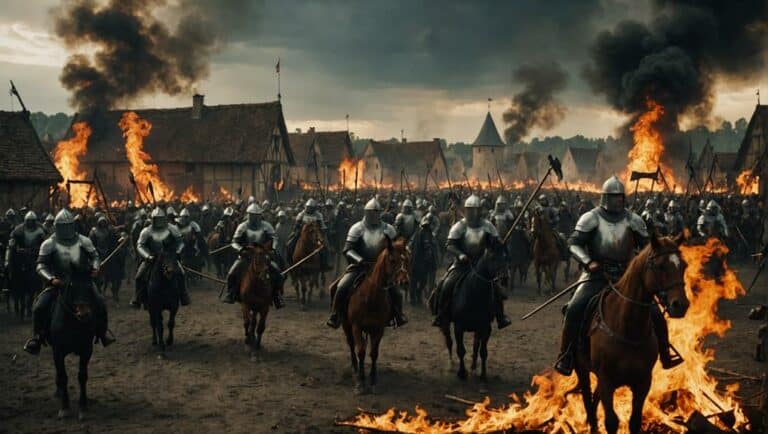Discover how rampant economic hardships and oppressive taxes fueled the Peasants' War of 1524-1525, with the Protestant Reformation's radical ideas igniting the flames of revolt.
Dive into the dramatic clash between figures like Thomas Müntzer and Martin Luther, and uncover how this fiery conflict reshaped social and political thought for generations.
Origins and Causes
Heavy taxes and duties imposed on German serfs laid the groundwork for the Peasants' War, igniting widespread discontent and rebellion. German peasants, burdened by economic hardships and social constraints, sought relief from oppressive taxation and the end of serfdom. When the Protestant Reformation began challenging traditional authority, it provided an ideological framework that emboldened these peasants to demand change.
The Peasants' War occurred not just because of economic strain but also due to the social upheavals sparked by the Reformation. As the new religious ideas spread, they questioned the established order and inspired peasants to envision a more just society. This convergence of economic and ideological factors culminated in the drafting of the Twelve Articles. This document articulated the peasants' grievances, calling for fair trials, the abolition of serfdom, and equitable death taxes.
The rebellion rapidly expanded across southern and western Germany, Switzerland, and Austria, drawing in up to 300,000 participants. Urban artisans and poor townspeople joined the cause, illustrating the widespread nature of the discontent. Ultimately, the Peasants' War highlighted the deep-seated tensions between the peasantry and the ruling classes, exacerbated by the transformative energies of the Protestant Reformation.
Key Figures
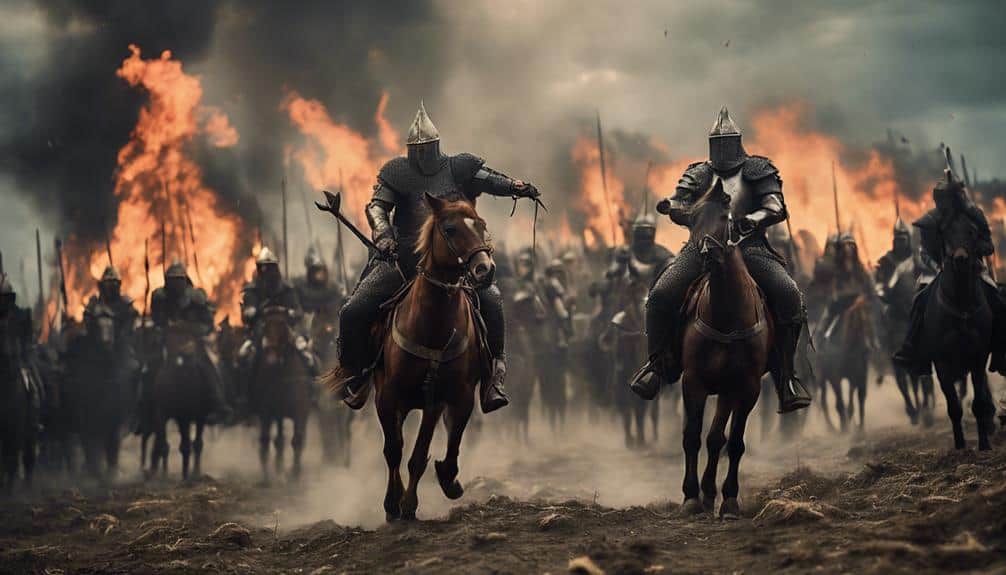
Thomas Müntzer and Huldrych Zwingli emerged as pivotal leaders during the Peasants' War, embodying the radical and reformist energies that fueled the revolt. Müntzer, a fervent preacher, led troops directly into battle against oppressive authorities, advocating for a society free from feudal exploitation. His role wasn't merely tactical; he infused the rebellion with a theological zeal, arguing that divine justice was on the peasants' side.
Zwingli, a contemporary of Müntzer, offered a different yet significant influence. While not directly leading troops, his reformist ideas inspired many who sought change. Zwingli's theological reforms in Zurich provided intellectual and spiritual support for the broader movement against ecclesiastical and feudal oppression.
Martin Luther, however, opposed the peasant revolt, creating a stark division within the Protestant movement. Luther's condemnation of the rebellion highlighted a key ideological rift: while he sought religious reform, he didn't support radical social upheaval.
Consider these key aspects:
- Thomas Müntzer: A radical leader advocating for social and theological transformation.
- Huldrych Zwingli: A reformer whose ideas influenced the broader movement.
- Martin Luther: An opposer of the revolt, emphasizing religious but not social reform.
- Peasants War: A complex interplay of theological and social dynamics.
Understanding these key figures helps you grasp the multifaceted nature of the Peasants' War.
Major Battles
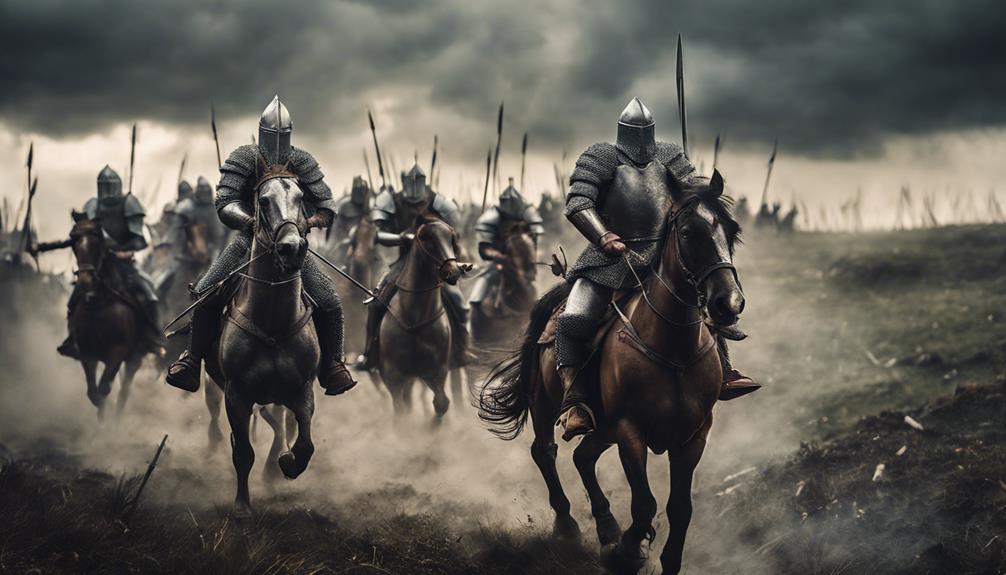
While the Peasants' War was marked by numerous skirmishes, the Battle of Frankenhausen in 1525 stands out as a pivotal event that sealed the fate of the rebellion. Thomas Müntzer led the German peasants against the forces of the German princes. Despite Müntzer's fervent leadership, his peasant army was decisively defeated, resulting in his capture and execution. This battle highlighted the stark power imbalance between the poorly armed rebels and the well-equipped, organized forces of the nobility.
Other significant confrontations also shaped the conflict. At the Battle of Böblingen in 1525, the Swabian League crushed the peasant forces, demonstrating the formidable military might of the German princes. This defeat severely weakened the rebellion's momentum. The subsequent Battle of Königshofen further emphasized the disparity, with another decisive victory for the Swabian League.
Ingolstadt and Würzburg also witnessed the Swabian League's dominance over the peasant rebels, systematically quelling the uprising. These battles collectively underscored the limited capacity of the German peasants to oppose entrenched feudal powers. The Reformation, spurred by Martin Luther's teachings, initially inspired the peasants, but Luther himself distanced from their violent revolt, further isolating them from potential allies.
Social and Economic Impact
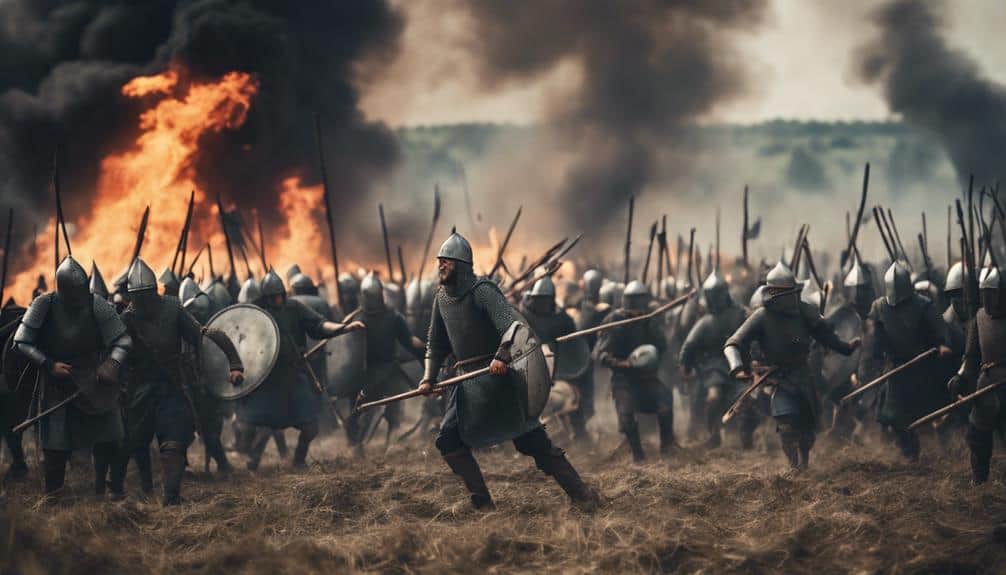
The Peasants' War transformed the social and economic landscape of the Holy Roman Empire, revealing deep-seated tensions between the agrarian lower classes and the ruling elite. The German peasants, burdened by heavy taxes and oppressive duties, sought relief through rebellion. Their demands, clearly articulated in the Twelve Articles document, called for fundamental changes that threatened the feudal system.
Despite the war's failure to achieve immediate reforms, its impact on European history was profound. The widespread participation of up to 300,000 individuals, including poor townspeople and urban artisans, showcased the depth of discontent among the lower classes.
The war had several significant social and economic effects:
- Erosion of Feudal Authority: The rebellion undermined the authority of feudal lords, even if temporarily, causing a reevaluation of the social hierarchy.
- Economic Strain: The conflict resulted in substantial economic losses, with up to 100,000 lives lost and farmlands devastated.
- Urban Involvement: The participation of urban artisans and townspeople highlighted the interconnectedness of rural and urban struggles.
- Protestant Reformation: The war influenced the Protestant movement, with figures like Huldrych Zwingli supporting the rebels, contrasting Martin Luther's opposition.
Legacy and Influence
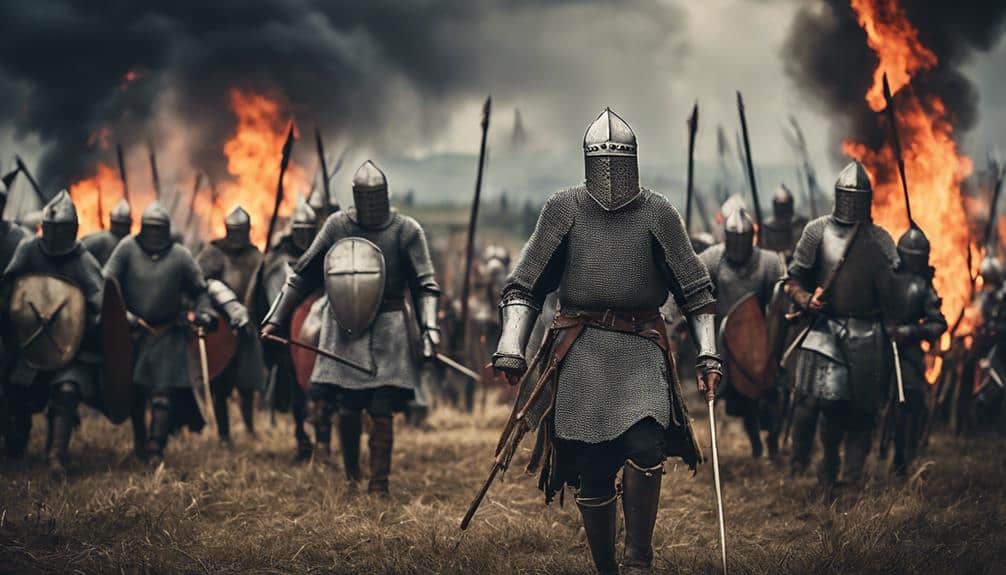
Examining the legacy of the Peasants' War reveals how its radical ideologies and leaders like Müntzer have continued to influence social and political thought.
Müntzer's advocacy for apocalyptic dreams of equality and his challenge to social norms through religious radicalism are central to understanding his impact. By making Scriptures accessible to the common people and emphasizing vernacular translations, Müntzer subverted the established order of the German Reformation.
His belief in dreams as direct access to God and his vision of imminent convulsions heralding the Second Coming contributed to a theological framework that questioned the status quo. Even though he was captured, tortured, and executed, his ideas didn't perish. Instead, they permeated through time, influencing both prominent Protestant movements and contemporary social justice campaigns.
Müntzer's political strategies, including the democratization of towns and his vehement opposition to oppressive lords, laid early groundwork for later democratic ideals. Despite the tragic end, his influence persists, serving as a cautionary tale and a beacon for those advocating for systemic change.


